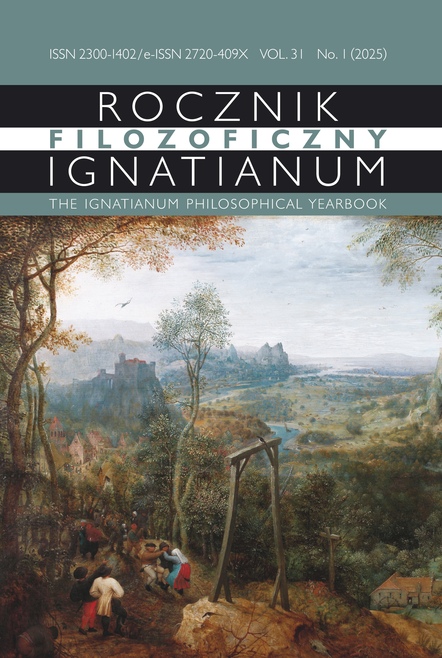The Royal Crown as a Reward
The First Royal Titles in Bohemia – Vratislav II, Vladislav II, Přemysl Otakar I
Abstract
The author traces the chroniclers‘ accounts of the conferring or granting of royal rank to the Czech ruler from the first royal coronation (Vratislav II) until the final establishment of the Czech state as a kingdom under Přemysl Otakar I and the changing interpretation of these events in Czech medieval historiography. Contemporary reporters, the Prague dean Cosmas, the Prague canon Vincencius, the abbot of Milevsko Jarloch, or an unknown Prague canon at the turn of the 12th-13th century, generally rendered them in accordance with historical reality as a reward for services already rendered or to be rendered. During the time, the interpretation of these events changes and the “service-reward” relationship is suppressed. The spokesman of the Bohemian nobility at the beginning of the 14th century, the so-called Dalimil, reported on the rewards by the royal crown in an admittedly confused manner, adapting the narrative to his conception of Bohemian history, in which the nobility played a decisive role, as well as his aversion to the Germans. Vratislav’s “crown” was supposedly chosen by the nobility as a reward for the Bohemian ruler. According to the so-called Dalimil, Vladislav II was supposed to arouse the discontent of the Bohemian lords because he brought Germans into the country from Regensburg, where he was to be crowned. The so-called Dalimil also modified the reason for granting the crown to Přemysl Otakar I and extended the “reward” with other benefits. Přibík Pulkava of Radenín presented all these events in the spirit of the official ideology of Charles IV. Therefore, he placed the origins of the royal rank of the Czech ruler in the earliest times. The crown was not a reward for services, but the Czech kingdom was needed by the emperor and the empire to replace the old Moravian kingdom. Přibík Pulkava of Radenín, in the intentions of Charles IV, emphasized above all the privileges that were granted to the Bohemian ruler on these occasions.
Copyright (c) 2025 Ignatianum University in Cracow

This work is licensed under a Creative Commons Attribution-NoDerivatives 4.0 International License.
The Yearbook only accepts materials for publication that are free of all conflicts of interest, and that in no way involve conflicts over authorship, copyright, etc. The Editors will take action against any cases of plagiarizing, ghostwriting1, guest/honorary authorship2, etc. Where co-authored work is concerned, the Author listed first is expected to take responsibility for the submission, and is required to make clear the contributions of all of the Co-Authors involved. In the event of the publication owing its existence to funding dedicated to this purpose, this fact should be made clear: e.g. in any note of thanks/acknowledgement, or in a footnote, etc. Explicit notification should be given of any form of reprinting, with the appropriate evidence of permission to publish being furnished as required. Any impropriety on the part of Authors/Reviewers risks exposing them to appropriate responses from the relevant institutions.
______
1 This term refers to instances of a person who has made an essential contribution being omitted from the list of authors, or from notes conveying gratitude and/or acknowledgement.
2 This occurs when a person who has made either an insignificant contribution or no contribution at all nevertheless appears on the list of authors.





